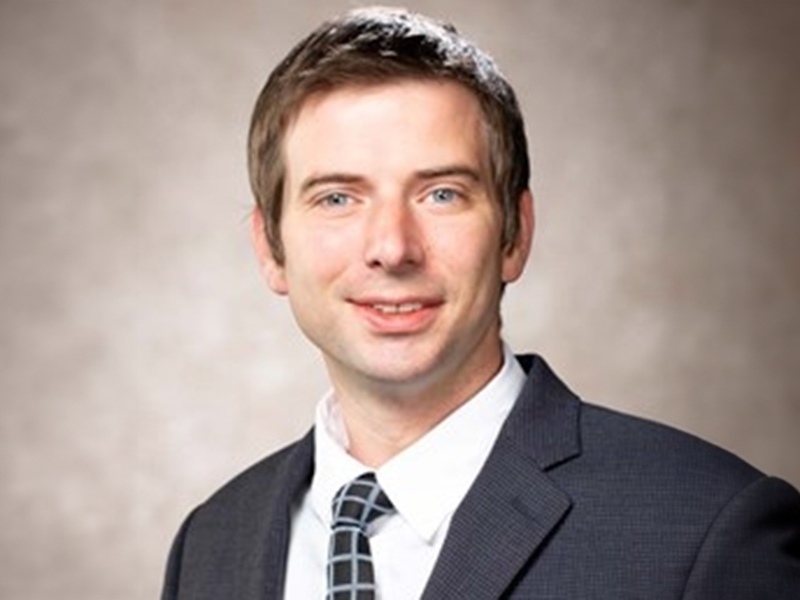
The Arkansas Integrative Metabolic Research Center will host Christopher Nelson, 21st Century Assistant Professor of Biomedical Engineering at the U of A, at 12:55 p.m. Wednesday Sept. 20, in BELL 2267, when Nelson will discuss his work on adapting CRISPR-based tools for correcting genetic diseases.
In vivo genome engineering stands to improve the treatment of the molecular basis of disease. Clinical trials are underway to treat genetic diseases like sickle cell anemia, inherited blindness, amyloidosis and others. Yet significant challenges prevent the broad adoption of genome engineering. Nelson will present his work adapting CRISPR-based tools for correcting genetic diseases. He will highlight immune-related challenges and unintentional genomic and transcriptomic changes made with conventional gene editing. The Nelson Lab is adapting new tools for more precise gene editing and alternate delivery schemes that may bypass the immune-related challenges of viral-based delivery. Finally, Nelson will discuss developing tools for precise transcriptomic control which will have broad utility as a therapeutic and as a basic science tool for metabolic research.
Christopher Nelson obtained a degree in biological engineering from the U of A in 2009. He then moved to Vanderbilt University to develop non-viral gene delivery vehicles with Craig Duvall. After obtaining his Ph.D., he developed tools for in vivo genome engineering with CRISPR with Charles Gersbach at Duke University. Nelson then returned to the U of A in 2019 as an assistant professor of biomedical engineering with an NIH Pathway to Independence award. The Nelson lab focuses on developing new approaches for genome engineering to overcome the delivery limitations and is specifically interested in developing tools for gene editing and gene regulation in muscle and in regenerative medicine applications.
If you are unable to attend the seminar in person, you are welcome to join via Zoom.
Please contact Kimberley Fuller at fullerk@uark.edu for more information.
This event is supported by the NIGMS of the National Institutes of Health under Award Number P20GM139768. The content is solely the responsibility of the authors and does not necessarily represent the official views of the National Institutes of Health.
Topics
Contacts
Kimberley Fuller, managing director
AIMRC
479-575-2333, fullerk@uark.edu